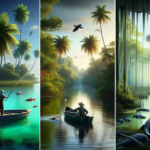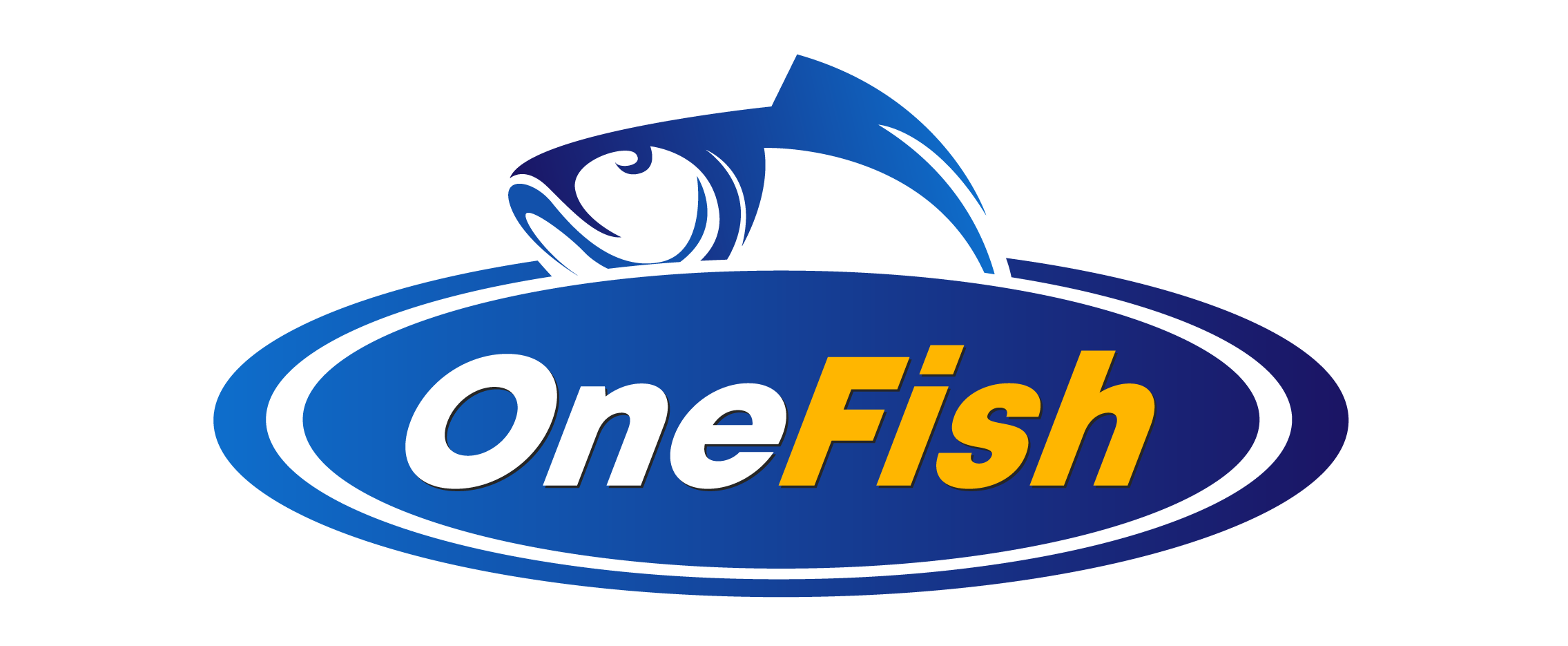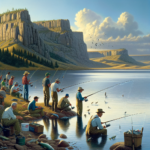Fishing in Florida: Coastal, Inland, and the Everglades

Introduction
Did you know that Florida is home to over 7,700 lakes, 10,550 miles of rivers, and 2,276 miles of tidal shoreline? This makes the Sunshine State a paradise for anglers of all kinds. Whether you’re a seasoned pro or a weekend warrior, Florida offers a diverse range of fishing opportunities that cater to every skill level and interest.
In this article, we will explore the various fishing opportunities available in Florida, focusing on coastal fishing, inland fishing, and the unique ecosystem of the Everglades. We will cover the best techniques, species to target, top fishing spots, and essential gear. Additionally, we will provide tips on safety, conservation, and planning your trip to ensure a successful and enjoyable fishing experience.
Understanding the different fishing environments in Florida is crucial for maximizing your success and enjoyment. Whether you’re looking to catch a trophy fish, enjoy a peaceful day on the water, or participate in a local tournament, this guide will provide you with the information you need to make the most of your fishing adventures in Florida.
Background/Context
Historical or Cultural Significance
Fishing has been an integral part of Florida’s history and culture for centuries. Indigenous tribes relied on the state’s abundant waterways for sustenance long before European settlers arrived. Today, fishing remains a vital part of Florida’s economy and lifestyle, attracting millions of tourists and supporting local communities.
Geographical Overview
Florida’s diverse geography includes coastal regions, inland lakes and rivers, and the unique ecosystem of the Everglades. The state’s climate ranges from subtropical in the north to tropical in the south, providing a wide variety of fishing environments. The coastal areas are known for their saltwater fishing opportunities, while the inland regions offer freshwater fishing in lakes and rivers. The Everglades, a vast wetland ecosystem, provides a unique fishing experience with its diverse flora and fauna.
Key Points/Details
Fishing Techniques
Technique Overview
Florida offers a range of fishing techniques, including fly fishing, trolling, bottom fishing, and surf fishing. Each technique is suited to different environments and species.
When and Where to Use
Fly fishing is popular in both freshwater and saltwater environments, particularly in the shallow flats of the coastal regions. Trolling is effective in deeper waters, especially offshore. Bottom fishing is commonly used in both inland lakes and coastal areas, targeting species that dwell near the bottom. Surf fishing is ideal for anglers who prefer to fish from the shore.
Recommended Gear
- Fly Fishing: Lightweight fly rods, floating or sinking fly lines, and a variety of flies.
- Trolling: Heavy-duty rods and reels, downriggers, and trolling lures or live bait.
- Bottom Fishing: Medium to heavy rods, sturdy reels, braided line, and bottom rigs with weights and hooks.
- Surf Fishing: Long surf rods, spinning reels, and a variety of baits and lures.
Species Information
Species Overview
Florida is home to a wide variety of fish species, including both freshwater and saltwater species. Some of the most popular targets include largemouth bass, snook, redfish, tarpon, and sailfish.
Best Practices
To successfully catch these species, it’s important to understand their habits and preferred habitats. For example, largemouth bass are often found near underwater structures in lakes, while snook prefer the mangroves and estuaries of the coastal regions. Using the right techniques and gear, such as topwater lures for bass or live bait for snook, can significantly increase your chances of success.
Location Information
Top Fishing Spots
- Coastal: The Florida Keys, Tampa Bay, and the Gulf Coast are renowned for their saltwater fishing opportunities.
- Inland: Lake Okeechobee, the St. Johns River, and the Kissimmee Chain of Lakes are popular freshwater fishing destinations.
- Everglades: The vast network of waterways in the Everglades offers unique fishing opportunities for species like tarpon, snook, and largemouth bass.
Regulations and Licenses
Florida requires anglers to have a valid fishing license, which can be obtained online or at local retailers. There are different licenses for freshwater and saltwater fishing, and additional permits may be required for certain species or areas. It’s important to familiarize yourself with local regulations, including size and bag limits, to ensure compliance and conservation.
Seasonal Considerations
Seasonal Variations
Fishing conditions in Florida can vary significantly throughout the year. For example, tarpon are most abundant in the coastal waters during the spring and summer months, while largemouth bass fishing is best in the cooler months of fall and winter.
Best Times to Fish
The optimal times to fish in Florida depend on the species and location. Early morning and late afternoon are generally the best times for most species, as fish are more active during these cooler periods. Additionally, tidal movements can greatly influence saltwater fishing success, so it’s important to check tide charts before heading out.
Events and Tournaments
Event Overview
Florida hosts numerous fishing events and tournaments throughout the year, catering to both amateur and professional anglers. Some of the most popular events include the Florida Keys Tarpon Tournament, the Destin Fishing Rodeo, and the Big Bass Tour.
Preparation Tips
To prepare for a fishing tournament, it’s important to practice your techniques, familiarize yourself with the tournament rules, and ensure you have the necessary gear. Pre-fishing the tournament waters can also give you a competitive edge by helping you identify productive spots and patterns.
Tips and Best Practices
General Tips
- Always check the weather forecast before heading out to ensure safe and comfortable conditions.
- Use local knowledge and resources, such as bait shops and fishing guides, to gain insights into the best spots and techniques.
- Practice catch and release to help preserve fish populations and ensure sustainable fishing for future generations.
Avoid Common Mistakes
- Not checking local regulations: Always ensure you are aware of and comply with local fishing laws and regulations.
- Using the wrong gear: Make sure you have the appropriate gear for the species and environment you are targeting.
- Ignoring safety precautions: Always wear a life jacket, especially when fishing from a boat, and be mindful of weather conditions and potential hazards.
Advanced Techniques
- Using electronics: Modern fish finders and GPS units can help you locate fish and navigate unfamiliar waters more effectively.
- Mastering different casting techniques: Learning to cast accurately and efficiently can greatly improve your success, especially in challenging conditions.
- Experimenting with different baits and lures: Don’t be afraid to try new baits and lures to see what works best for the fish you’re targeting.
Gear and Equipment Recommendations
Essential Gear
- Rods and reels: Choose the appropriate rod and reel for the type of fishing you plan to do, whether it’s fly fishing, trolling, or bottom fishing.
- Lines and leaders: Use the right line and leader material for the species and conditions you’re targeting.
- Baits and lures: Stock up on a variety of baits and lures to increase your chances of success.
- Safety equipment: Always carry a life jacket, first aid kit, and other essential safety gear.
Optional Gear/Upgrades
- Electronics: Fish finders, GPS units, and other electronic devices can enhance your fishing experience.
- Specialized clothing: Invest in clothing designed for fishing, such as UV-protective shirts, waterproof jackets, and waders.
- Fishing accessories: Consider adding accessories like rod holders, tackle boxes, and landing nets to your gear collection.
Where to Buy or Rent
Local bait and tackle shops are excellent resources for purchasing or renting gear. Additionally, many online retailers offer a wide selection of fishing equipment. Some popular options include Bass Pro Shops, Cabela’s, and Tackle Warehouse.
Safety and Conservation
Safety Tips
- Always wear a life jacket when fishing from a boat or in deep water.
- Be aware of weather conditions and avoid fishing during storms or high winds.
- Stay hydrated and protect yourself from the sun with sunscreen, hats, and UV-protective clothing.
- Be cautious of wildlife, such as alligators and snakes, especially in the Everglades.
Conservation Practices
- Practice catch and release to help preserve fish populations.
- Follow local regulations and size limits to ensure sustainable fishing practices.
- Dispose of fishing line and other waste properly to protect the environment.
- Respect local wildlife and habitats by minimizing your impact on the ecosystem.
Planning Your Trip
Accommodations
Florida offers a wide range of accommodations to suit every budget and preference. From luxury resorts and hotels to campgrounds and vacation rentals, there are plenty of options near popular fishing spots. Some recommended places to stay include the Cheeca Lodge & Spa in the Florida Keys, the Ritz-Carlton in Naples, and the Everglades City Motel.
Travel Tips
- Plan your route in advance and consider using a GPS or map to navigate unfamiliar areas.
- Check for any road closures or construction that may affect your travel plans.
- Consider renting a boat or booking a guided fishing trip to access remote or hard-to-reach fishing spots.
Additional Activities
Florida offers a wealth of activities for non-fishing time, making it an ideal destination for families or groups. Some popular options include visiting theme parks like Walt Disney World and Universal Studios, exploring the state’s beautiful beaches, and enjoying outdoor activities like hiking, kayaking, and wildlife watching.
Frequently Asked Questions (FAQs)
Do I need a fishing license in Florida?
Yes, a valid fishing license is required for both freshwater and saltwater fishing in Florida. Licenses can be obtained online or at local retailers.
What are the best times of year to fish in Florida?
The best times to fish in Florida depend on the species and location. Generally, early morning and late afternoon are the most productive times, with spring and fall being the best seasons for many species.
What gear do I need for fishing in Florida?
The gear you need will depend on the type of fishing you plan to do. Essential items include rods and reels, lines and leaders, baits and lures, and safety equipment. Optional upgrades like electronics and specialized clothing can enhance your experience.
Are there any fishing tournaments in Florida?
Yes, Florida hosts numerous fishing tournaments throughout the year, catering to both amateur and professional anglers. Some popular events include the Florida Keys Tarpon Tournament, the Destin Fishing Rodeo, and the Big Bass Tour.
Conclusion
Fishing in Florida offers a diverse and rewarding experience for anglers of all skill levels. From the coastal waters teeming with saltwater species to the tranquil inland lakes and the unique ecosystem of the Everglades, there is something for everyone. By understanding the different fishing techniques, species, and locations, as well as following safety and conservation practices, you can make the most of your fishing adventures in the Sunshine State.
Whether you’re planning a weekend getaway or a longer fishing trip, this guide provides the information you need to succeed. So grab your gear, head to Florida, and enjoy the incredible fishing opportunities that await you!




